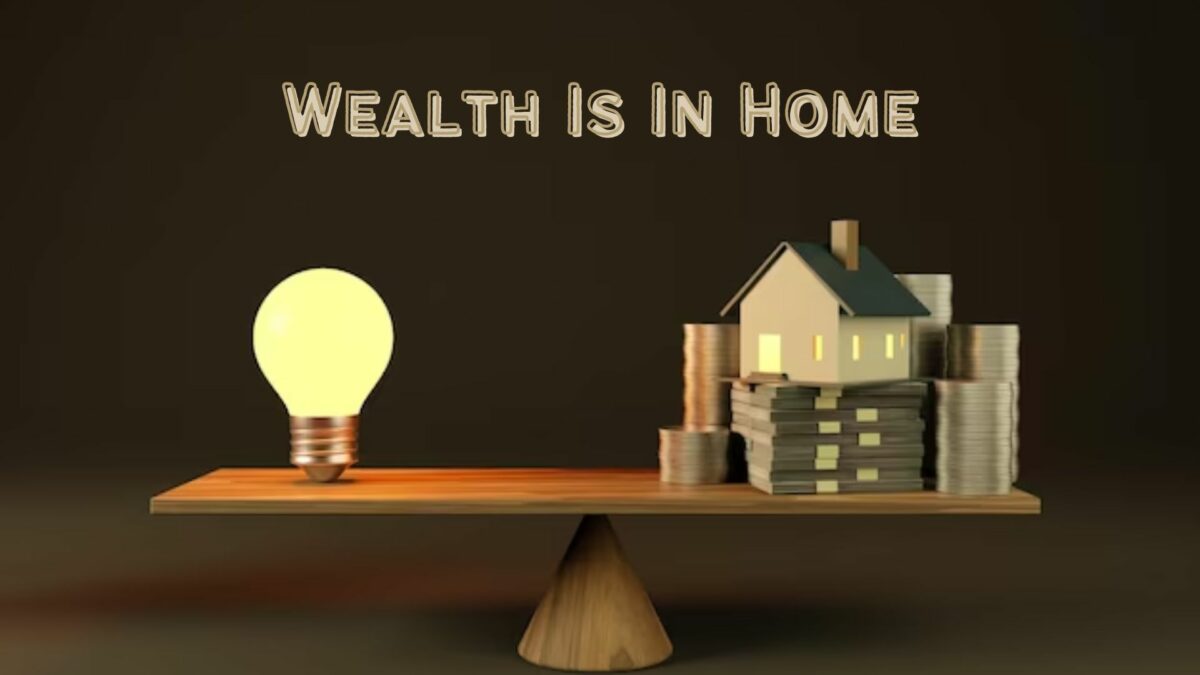“Kenny’s family is so poor that yesterday, they had to put their cardboard box up for a second mortgage.”
–Eric Cartman
Google the term “unlock the equity in your home” and every result on the front page – both paid search results and organic search results – has to do with a mortgage. In other words, to “unlock the equity,” you almost always have to borrow, which is, at its face, a losing proposition. Borrow the money and get cash while adding a new liability. Zero-sum, except that you now have interest payments to make.
Why, then, do people count their home equity in their net worth? Unless you plan on downsizing your house to less expensive housing, I argue that you cannot count the equity in your house in your net worth. Why? Because, like death and taxes, the need for shelter is certain. That shelter may change its form from a house to an RV to a nursing home, but it is always there.
Let’s imagine that you own a house and have no mortgage on it. Can you “unlock the equity in your home” to put that value to another use?
If you mortgage your house, you now have a mortgage payment. If you sell your house, you have to replace your shelter, either by renting or buying a new house. If you rent, then you will need a stream of income to pay for that rent, and the proceeds from the sale of your house should help to account for the rent. If you buy a different house, the proceeds will go to the next house. Unless you downsize and wind up buying less house or renting housing that costs less than the proceeds of your reinvested capital, you have not freed up money for other uses. Thus, your home equity has not contributed to your net wealth.
Owning your house outright eliminates most ongoing expenses (there are still HOA fees, property taxes, insurance, and maintenance), so outright ownership eliminates most of the need for income to account for a housing expense in your future; however, the equity in your home doesn’t enable you to do other things unless you plan on downsizing in the future. So, unless you fall into that category, stop counting the equity in your home as part of your nest egg.
Also, you can have your home foreclosed on even if you don’t have a mortgage. Try not paying your property taxes for a few years and see what happens!
Note: You can read more about this topic in my U.S. News & World Report article.
Author Profile
- John Davis is a nationally recognized expert on credit reporting, credit scoring, and identity theft. He has written four books about his expertise in the field and has been featured extensively in numerous media outlets such as The Wall Street Journal, The Washington Post, CNN, CBS News, CNBC, Fox Business, and many more. With over 20 years of experience helping consumers understand their credit and identity protection rights, John is passionate about empowering people to take control of their finances. He works with financial institutions to develop consumer-friendly policies that promote financial literacy and responsible borrowing habits.
Latest entries
 BlogJuly 8, 2024How to Fast-Track Approval for Section 8 Vouchers
BlogJuly 8, 2024How to Fast-Track Approval for Section 8 Vouchers BlogJuly 8, 2024Unlock Apple Business Credit with No Credit Check Needed
BlogJuly 8, 2024Unlock Apple Business Credit with No Credit Check Needed BlogJuly 8, 2024A $18 Million Per Year Investment Plan for Democrats to Control the Texas House
BlogJuly 8, 2024A $18 Million Per Year Investment Plan for Democrats to Control the Texas House Low Income GrantsSeptember 25, 2023How to Get a Free Government Phone: A Step-by-Step Guide
Low Income GrantsSeptember 25, 2023How to Get a Free Government Phone: A Step-by-Step Guide

